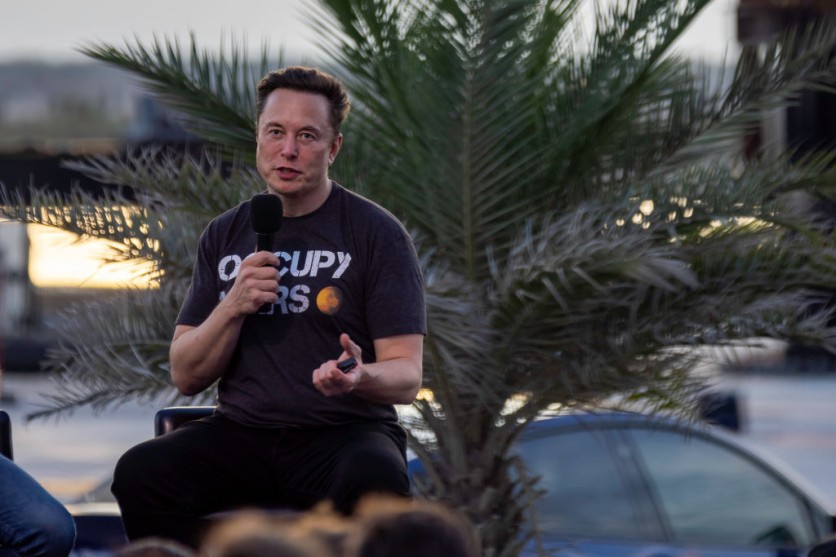Starlink has around 3,000 satellites in orbit today, making the constellation the largest in history. A new paper claims Starlink can be an alternative to traditional GPS even without the blessing of SpaceX, according to TechCrunch.

A team at the University of Texas Austin dug deep into the signal structure of the Starlink downlink and found a lot of useful data. However, the exact parameters of Starlink's signal are unknown, but to ensure the packets arrive in order and intact, the transmission involves very precise timing data and another telemetry so the receiver and sender can stay in sync.
The team carefully analyzed incoming signals from a single satellite and combined that data with the exact position of the satellite and was able to decode the transmission to a certain extent.
Also Read: SpaceX: Starlink Satellites Disintegrate Without Debris and Parts Falling Back to the Earth [WATCH]
Not a "New" Idea
According to The Register, this isn't a new idea and was actually being pursued as a possibility many years ago. However, SpaceX decided to focus on the consumer side.
However, the UT Austin team is willing to pursue the idea with its own rig even without the cooperation of SpaceX.
The team is not accessing user data from Starlink, but instead, the sync sequences are only strings of timings and other data that machines use to stay in touch.
The signal was being targeted at an actual Starlink user terminal which the location had to be for that terminal as well, and they were able to get it within 30 meters. Although it's not better than GPS, it could be quicker and more accurate if SpaceX were to give the project its support.
Software updates that will adjust how the satellites send their signals and some data on correcting for variance between their clocks could make Starlink transmissions used to locate oneself to within a meter. It would also not cost SpaceX anything to implement.
It's also not just a consumer tech project since there is a civilian and military use case. The ability to use it for both consumers and the military is also interesting. The military can find vehicles in the field, even if they are indoors or underground, with Starlink, so it could be a cost-effective alternative to GPS. The cost savings are also appealing. The timing data is also quite accurate, which could be helpful in an emerging field that studies the precision of GPS timing data. It could also be used by autonomous vehicles as well.
Regardless, it's still very early in its development, the team has just scratched the surface, but we wonder if it's worth it. SpaceX is extremely tight-lipped when it comes to any of its data, so it's anyone's guess if they'll entertain it.
Related Article: Starlink Customers Who Made Changes in the Site's Map Saw Their Order Was Delayed by Years, No Fix Yet
This article is owned by Tech Times
Written by April Fowell
ⓒ 2026 TECHTIMES.com All rights reserved. Do not reproduce without permission.




